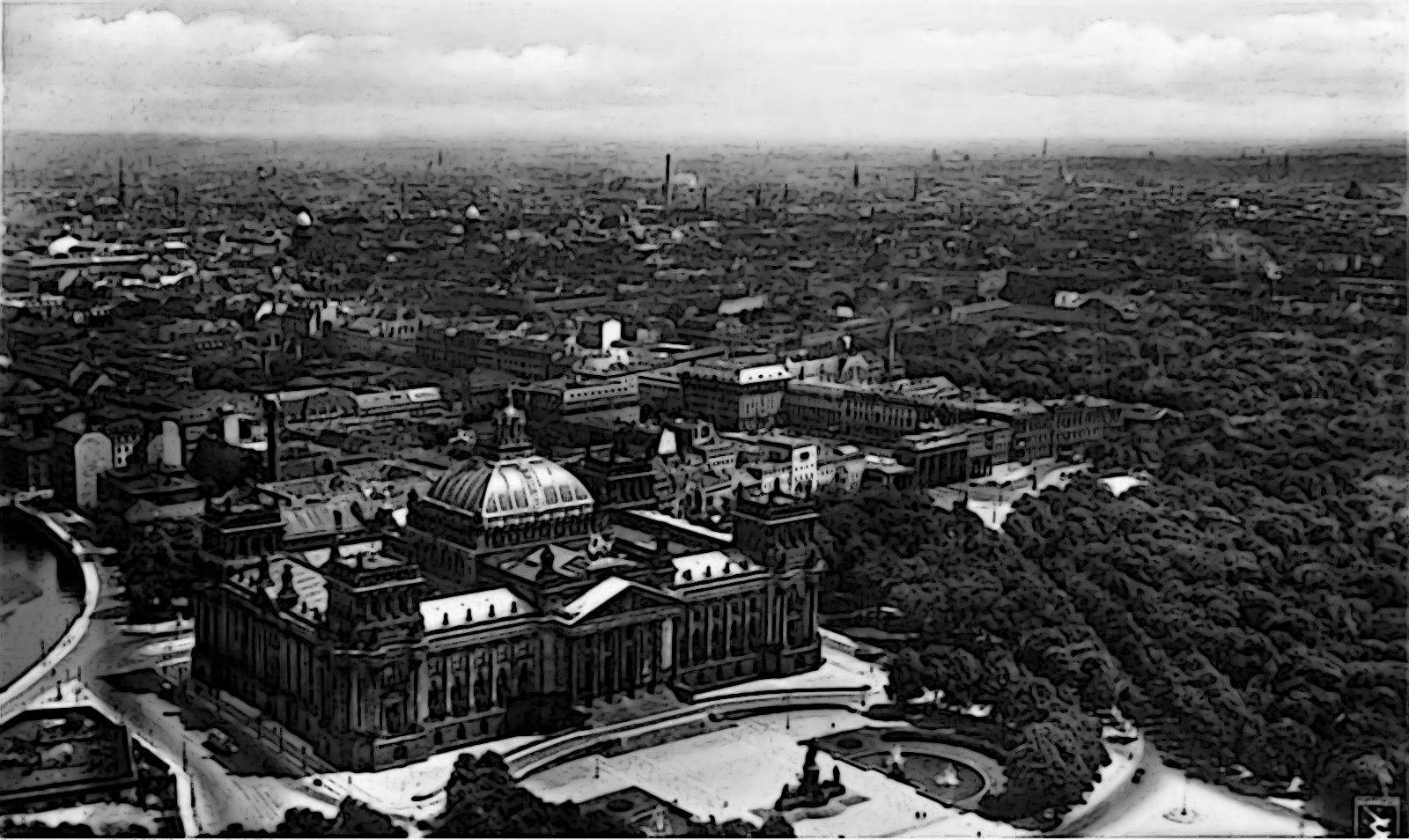Berlin 1933: Difference between revisions
| Line 25: | Line 25: | ||
<br> | <br> | ||
== '''Districts''' == | == '''Districts''' == | ||
[[File:Pharus Map Berlin 1929.jpg| | [[File:Pharus Map Berlin 1929.jpg|1000px]] | ||
<br> | <br> | ||
<br> | <br> | ||
Revision as of 21:06, 28 November 2016
Eine Einführung: An Introduction
Berlin prospered for centuries under the rule of Gustav, a harsh and strict prince who tolerated no disobedience. For centuries the city had a small but powerful Kindred population which ruled over all mortal matters of importance without fear of retribution; Gustav upheld the Masquerade and none dare defy him.
Quote
"We like our Berlin immensely -- an ugly place it must be to anyone who comes to it hipped or solitary..." -- George Elliot
Appearance
City Device
Climate
Berlin has a Maritime temperate climate according to the Köppen climate classification system. There are significant influences of mild continental climate due to its inland position, with frosts being common in winter and there being larger temperature differences between seasons than typical for many oceanic climates. Summers are warm and sometimes humid with average high temperatures of 22–25 °C (72–77 °F) and lows of 12–14 °C (54–57 °F). Winters are cool with average high temperatures of 3 °C (37 °F) and lows of −2 to 0 °C (28 to 32 °F). Spring and autumn are generally chilly to mild. Berlin's built-up area creates a microclimate, with heat stored by the city's buildings and pavement. Temperatures can be 4 °C (7 °F) higher in the city than in the surrounding areas.
Annual precipitation is 570 millimeters (22 in) with moderate rainfall throughout the year. Snowfall mainly occurs from December through March.
Calendars
Districts
File:Pharus Map Berlin 1929.jpg


